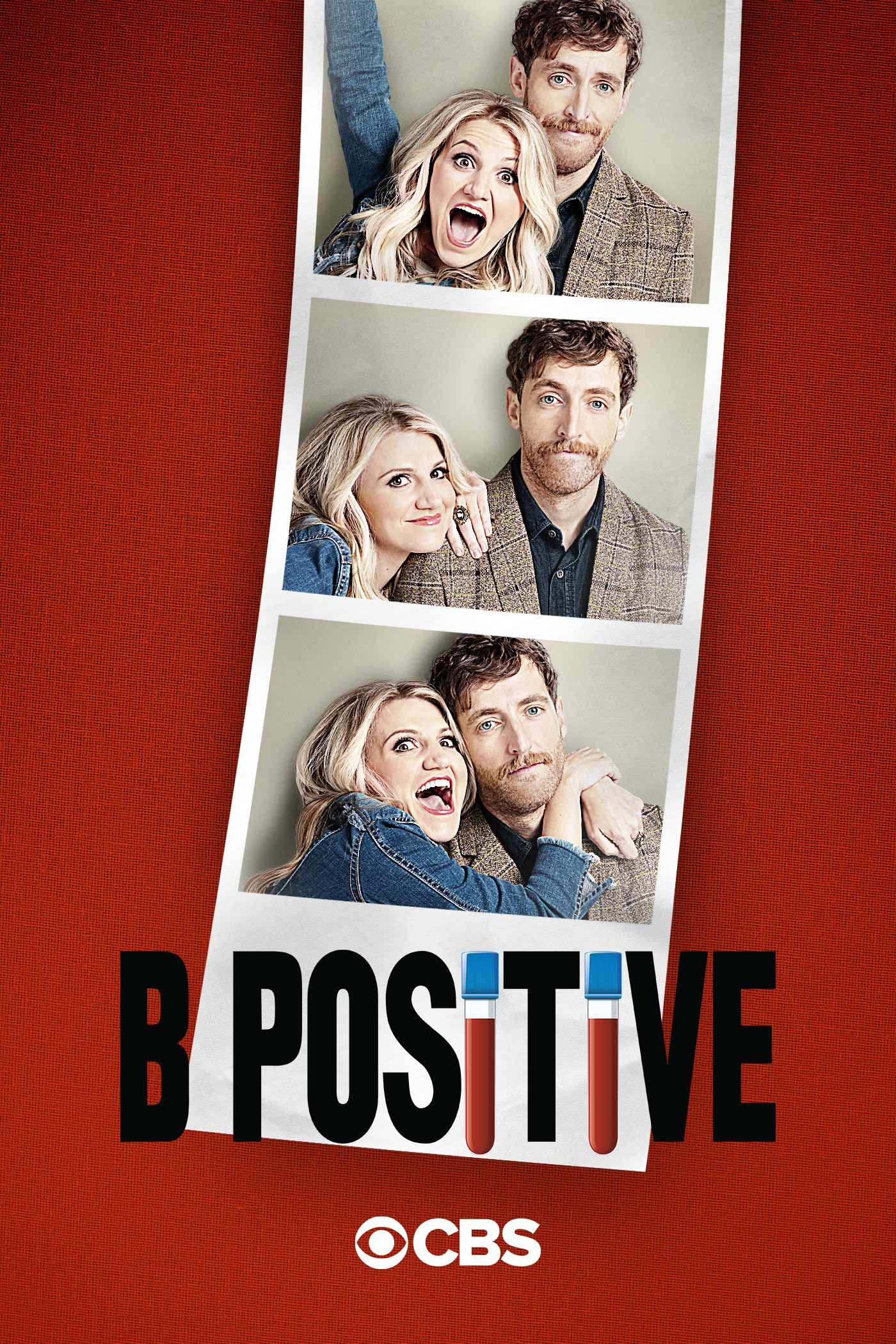By Erica Ho, Research & Education Associate
On November 5th, five million people watched the premiere of a new CBS show about living donation! “B Positive” is a new comedy sitcom following one man’s living donation journey. Drew, a therapist, and single dad, is shocked to find out his kidneys are failing and he’s in urgent need of a transplant. With a rare blood type and lacking friends or family to ask to be his donor, Drew feels hopeless until he runs into an old high school acquaintance – Gina. Gina spontaneously offers to be his donor in her quest to do something bigger than herself.
The show’s creation and production team include Chuck Lorre, known for creating The Big Bang Theory, and Marco Pennette, a kidney recipient and writer who created this show to share his own experiences with living donation. With two episodes already aired, “B Positive” shows promise as a comedic, yet insightful introduction to kidney disease and living donation.
In a debriefing with viewers on November 6th, living donors, and nephrology professionals, including Dr. Amy Waterman, Director of the Transplant Research and Education Center (TREC) and the Deputy Director of Terasaki Institute of Biomedical Innovation (TIBI), met to discuss what they believe this show can accomplish for living donor awareness, aspects of the show they enjoyed, and parts that could be improved upon. Some kidney recipients expressed that humor is a common coping mechanism for people going through kidney transplant, and that a show like B Positive can help people struggling in their journey. Another recommendation was for the show to spend more time showing different patients in different stages of their transplant journey, and having them face common obstacles such as hiccups during evaluation, mishaps with waitlisting, and donors and recipients finding out they aren’t a match. Others felt that storylines that included Black and Hispanic patients receiving living donor transplants could help some communities know that living donation is possible for them.
In regards to the debate about medical accuracy on the show, some members of the community believe that a sitcom’s ability to encourage more people to learn and donate outweighs some inaccuracies that may occur. Others felt like the sitcom format could be problematic for representing transplant fairly.
Despite these critiques, it is important to remember that at the time of this meeting, B Positive was only one episode in and there is plenty of time for growth and improvement. One of the most important steps of advocacy and education is to get the conversation started, and a show like B Positive provides an incredible opportunity to increase awareness of living donation nationally.
Dr. Amy Waterman says, “Hopefully, it inspires more viewers to become curious about whether they could ever be a living donor. If people watch the show and then learn about and pursue donating like Gina’s character is doing, then this could be a game changer.”
Overall, it was widely agreed that B Positive provides an excellent platform to teach the general public more about living donation. Whether listening to fictionalized or real-life stories through the Living Donation Storytelling project created by TREC (https://explorelivingdonation.org/), living donation needs to be a greater part of the national conversation so that more Americans can step forward as living donors to reduce the national kidney donor shortage.

